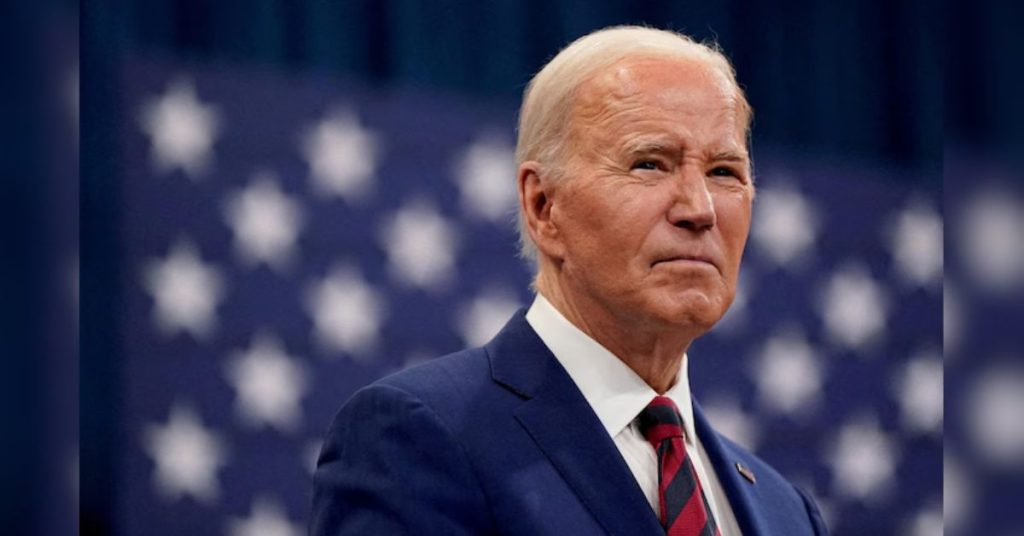In 2024, U.S. foreign policy is undergoing significant shifts, influenced by key political decisions and evolving global dynamics. The global landscape has become more interconnected and complex, necessitating strategic adjustments in how the U.S. engages with allies, adversaries, and international institutions.
From geopolitical tensions to domestic policies reverberating globally, this article explores how recent political decisions affect U.S. foreign policy.
The Impact of the 2024 Presidential Election on Foreign Policy
One of the most significant influences on U.S. foreign policy is the outcome of the 2024 presidential election. Depending on the administration, the U.S. either reinforces or revises key policies. The 2024 election has highlighted stark contrasts in how candidates approach diplomacy, trade, and international relations.
- Continuity vs. Change: If the administration remains consistent with previous years, expect policies that emphasize strengthening alliances, multilateralism, and addressing global challenges like climate change. Conversely, a change in leadership may shift toward more isolationist or protectionist policies, focusing on reducing U.S. involvement in global conflicts and renegotiating trade deals.
- China and Russia: The handling of relations with China and Russia remains a top foreign policy issue. A more aggressive stance on China’s economic policies or Russia’s geopolitical maneuvers could lead to heightened tensions, while diplomacy-focused strategies may aim for stabilization and cooperation in areas like climate action or nuclear arms control.
Trade Policies: A Pivot to Economic Nationalism or Global Cooperation?
The U.S. economy is deeply integrated with global markets, and recent political decisions around trade have profound implications for foreign policy. The ongoing debate between economic nationalism and global cooperation is shaping trade negotiations and agreements.
- Tariffs and Trade Wars: Under an administration with protectionist tendencies, the U.S. might continue or escalate tariffs on imports from countries like China, Mexico, or the European Union. Trade wars can strain relations with key economic partners, leading to retaliatory measures that impact U.S. businesses and consumers.
- Free Trade Agreements: Alternatively, a more globalist approach may seek to expand or renegotiate free trade agreements, aiming to improve access to international markets while fostering cooperation in technology, environmental sustainability, and innovation. Trade policies are intricately linked to foreign relations, with decisions impacting diplomatic ties, economic growth, and geopolitical stability.
The Climate Crisis and Global Cooperation
The 2020s have seen growing recognition of climate change as a critical global issue, and U.S. political decisions on climate policy are heavily influencing its foreign relations. Climate diplomacy has become a central element of U.S. foreign policy, shaping interactions with both developed and developing nations.
- Rejoining or Leading Global Climate Initiatives: The U.S. decision to rejoin or strengthen its role in international climate agreements, like the Paris Agreement, underscores a commitment to multilateralism. This engagement is critical as nations around the world look to the U.S. for leadership in reducing carbon emissions and funding green initiatives.
- Geopolitical Tensions Over Resources: Climate change has also heightened competition over resources like water, food, and energy. The U.S. must navigate conflicts arising from resource scarcity, such as disputes in the South China Sea or Arctic regions, and work with allies to mitigate these issues diplomatically.
Global Security and Military Engagement
Global security remains a focal point of U.S. foreign policy, influenced by both international threats and domestic political decisions. In 2024, political decisions surrounding military engagement, defense spending, and global partnerships are reshaping U.S. military presence abroad.
- Shifting Away from ‘Forever Wars’: There is a growing political consensus to reduce U.S. military involvement in prolonged conflicts, especially in the Middle East. The withdrawal of troops from Afghanistan and Iraq set a precedent, and further political decisions may focus on reducing ground presence in conflict zones in favor of diplomatic and economic solutions.
- Counterterrorism and Cybersecurity: The U.S. has expanded its definition of global security to include cyber threats, terrorism, and the proliferation of advanced technologies like artificial intelligence. Political decisions in 2024 may center around strengthening cyber defenses and building alliances with other nations to combat these new-age security challenges.
Immigration Policy and Foreign Relations
Domestic political decisions regarding immigration policy also have a direct impact on U.S. foreign relations, particularly with neighboring countries and nations from which immigrants frequently migrate.
- Bilateral Agreements on Migration: Stricter immigration policies can strain relations with countries like Mexico, El Salvador, and other Central American nations. However, diplomatic efforts aimed at addressing the root causes of migration, such as economic instability and violence, may lead to more cooperative agreements, focusing on development aid and shared responsibility.
- Refugee Resettlement: The U.S.’s role in refugee resettlement is another key factor influencing foreign relations. Political decisions about accepting or limiting refugees, particularly from conflict zones like Syria or Afghanistan, can affect the U.S.’s international image and its relationships with allies involved in global humanitarian efforts.
Technology and the Digital Economy
Technological advancements and the digital economy are increasingly influencing U.S. foreign policy. Recent political decisions regarding data privacy, technology export controls, and the regulation of tech giants have global repercussions.
- Digital Diplomacy: The U.S. is navigating the delicate balance between fostering innovation and protecting national security. Political decisions to impose export controls on technologies like semiconductors or AI have strained relations with countries like China, while alliances in cybersecurity with European and Indo-Pacific nations continue to strengthen.
- Global Regulation of Big Tech: U.S. political decisions regarding the regulation of tech giants like Facebook, Google, and Amazon also influence international relations. Global calls for greater accountability on issues like data privacy, misinformation, and monopolistic practices could prompt the U.S. to engage in multilateral discussions on regulating the digital economy.
Read more:
- The Impact of Recent Legislation on U.S. Politics
- Key U.S. Senate Races to Watch in the Upcoming Elections
Conclusion
As of 2024, U.S. foreign policy is being shaped by a range of political decisions, both domestic and international. From trade and immigration policies to climate action and global security, these decisions are influencing how the U.S. interacts with the world.
In a rapidly changing global environment, the ability of U.S. leaders to navigate complex geopolitical challenges will continue to define its foreign policy trajectory in the years to come.


